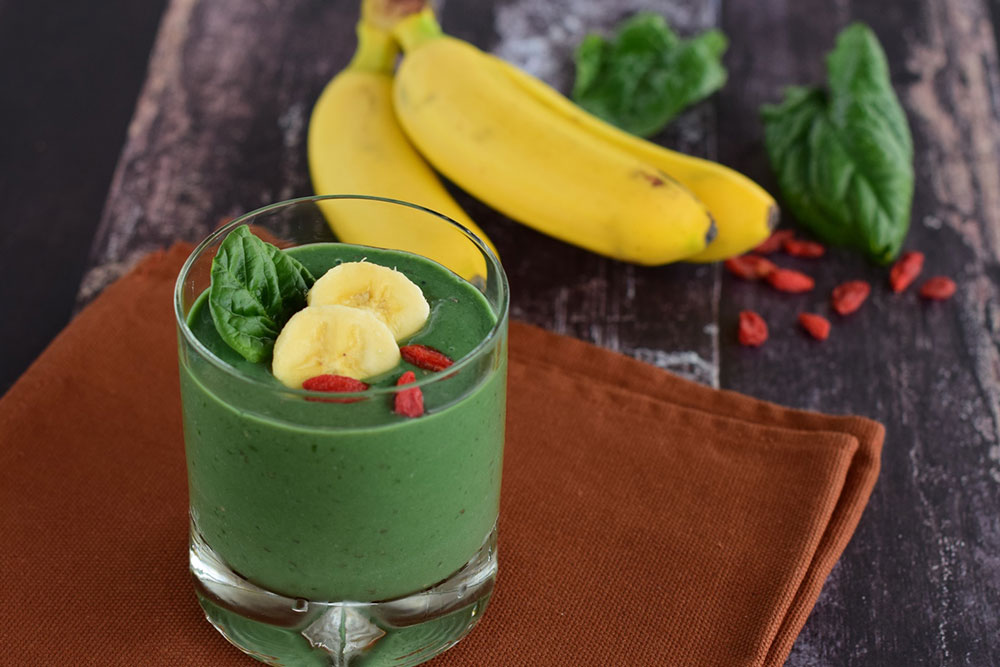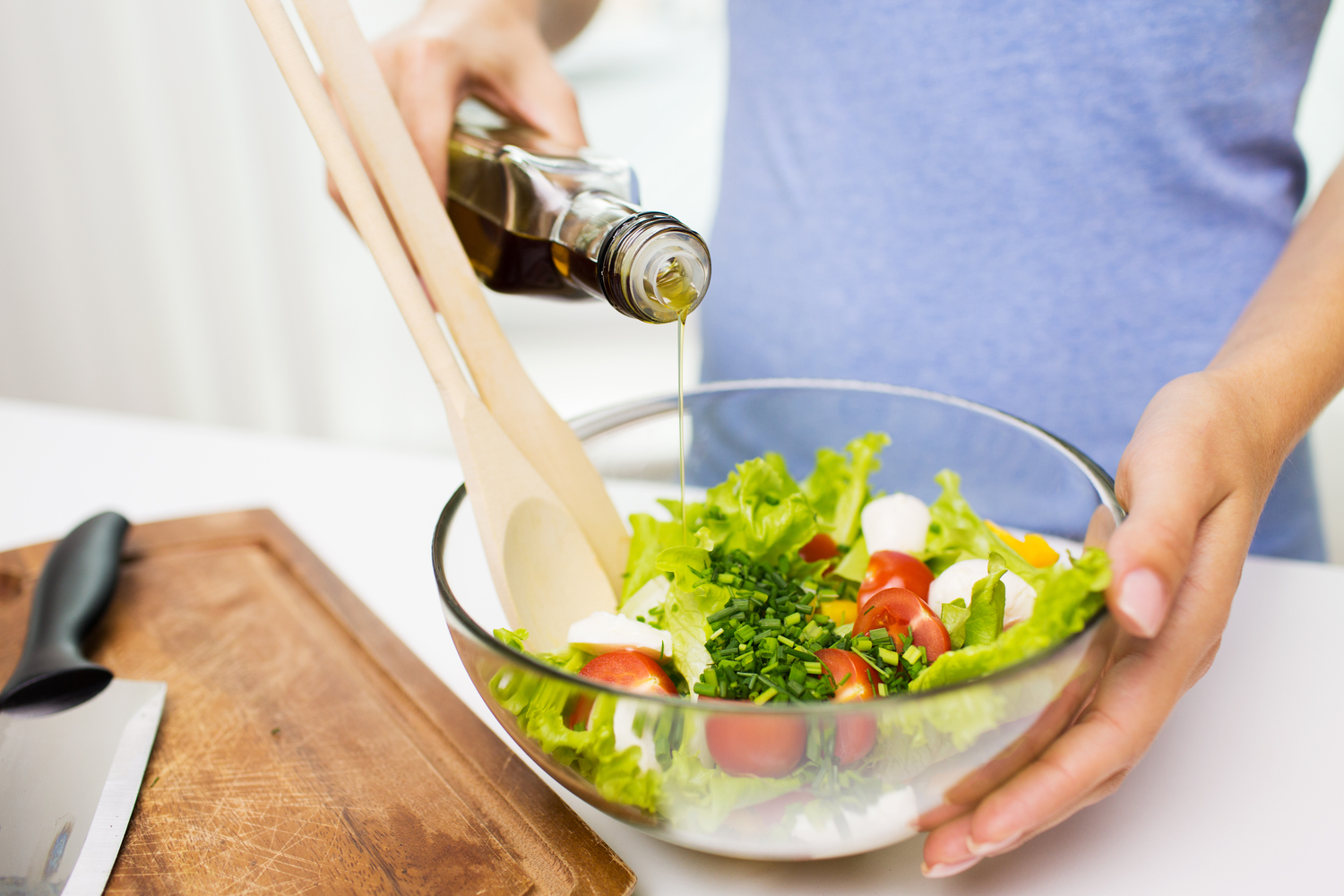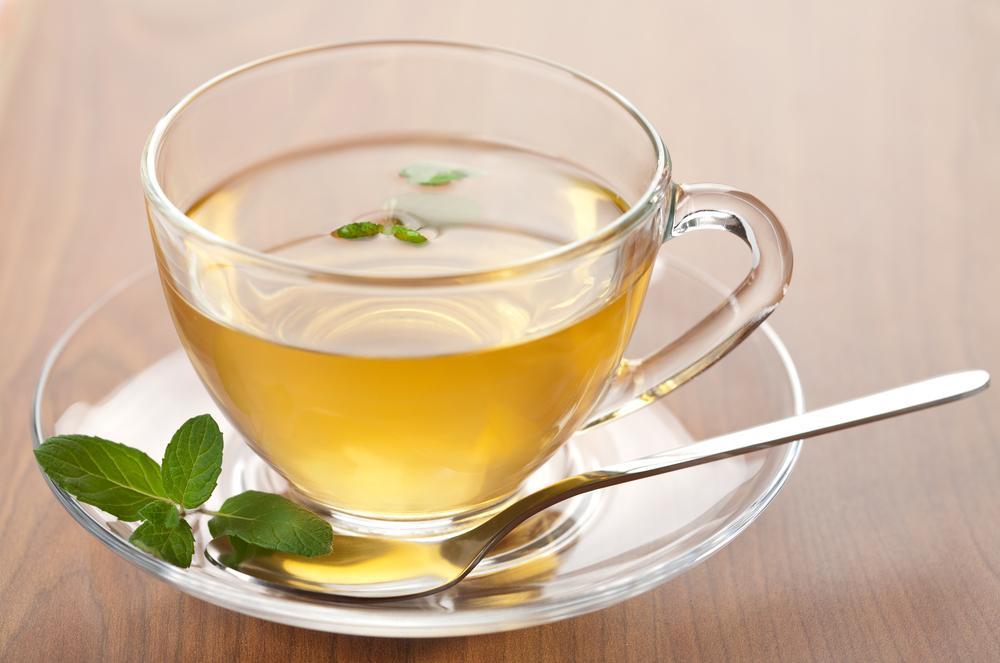Diet Tips to Manage and Prevent Gout Attacks
Learn how to manage gout with dietary strategies. Incorporate anti-inflammatory foods like fruits, vegetables, and lean proteins, while avoiding high-purine foods such as organ meats, seafood, and sugary drinks. Proper diet choices can help reduce uric acid levels, prevent flare-ups, and improve quality of life.
Sponsored

Gout is a type of inflammatory arthritis caused by excess uric acid in the bloodstream, leading to the formation of urate crystals in joints. This causes symptoms such as intense pain, swelling, and stiffness, often affecting the big toe. Gout can significantly impair daily functioning and overall well-being. Proper diet management is key to controlling uric acid levels, reducing flare-ups, and maintaining healthier joints.
Eating the right foods and avoiding certain triggers can make a big difference in gout management. Your dietary choices directly influence uric acid levels, so selecting beneficial foods and steering clear of harmful ones is essential.
Incorporate gout-friendly foods into your diet and cut back on items that elevate uric acid levels. Here is a guide on what to eat and avoid to stay gout-free.
Foods to Focus On
A balanced diet rich in nutrients can prevent gout attacks. Include these foods to support joint health and maintain optimal uric acid levels:
Fruits and Vegetables: Fruits like oranges and cherries are high in vitamin C, which helps lower uric acid. Vegetables such as red bell peppers and cabbage are nutrient-dense options for a gout-conscious diet.
Protein Sources: Opt for lean meats and low-fat dairy products to help manage gout symptoms and reduce flare-ups.
Coffee: Surprisingly, moderate coffee consumption has been linked to a decreased risk of gout, as it tends to lower uric acid levels in both men and women.
Foods to Limit or Avoid
To prevent gout attacks, it’s important to minimize foods that contribute to increased uric acid. Here are some items to steer clear of:
Organ Meats: Liver, kidneys, and other organ meats are rich in purines, which break down into uric acid and can trigger gout episodes.
Sugary Drinks: Beverages high in fructose, such as soft drinks and processed fruit juices, are linked to higher gout risk.
Processed and Packaged Foods: White bread, canned foods, and processed meats contain excess salts and sugars that promote inflammation and uric acid buildup.
Seafood: Tuna, sardines, and similar seafood are high in purines, contributing to increased uric acid levels.






